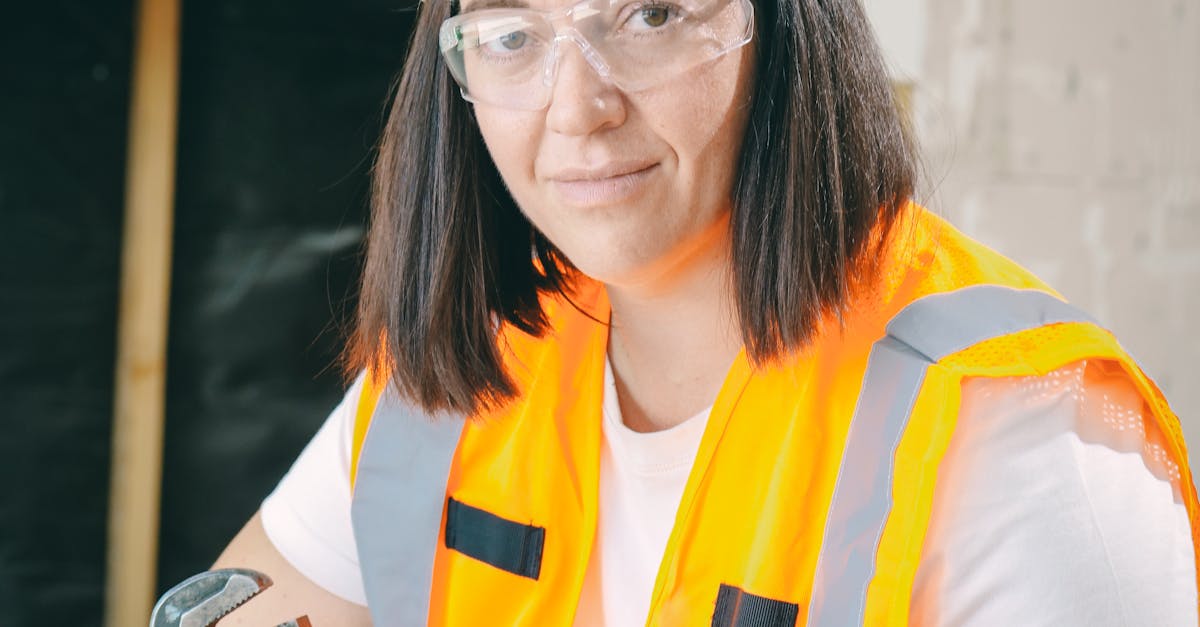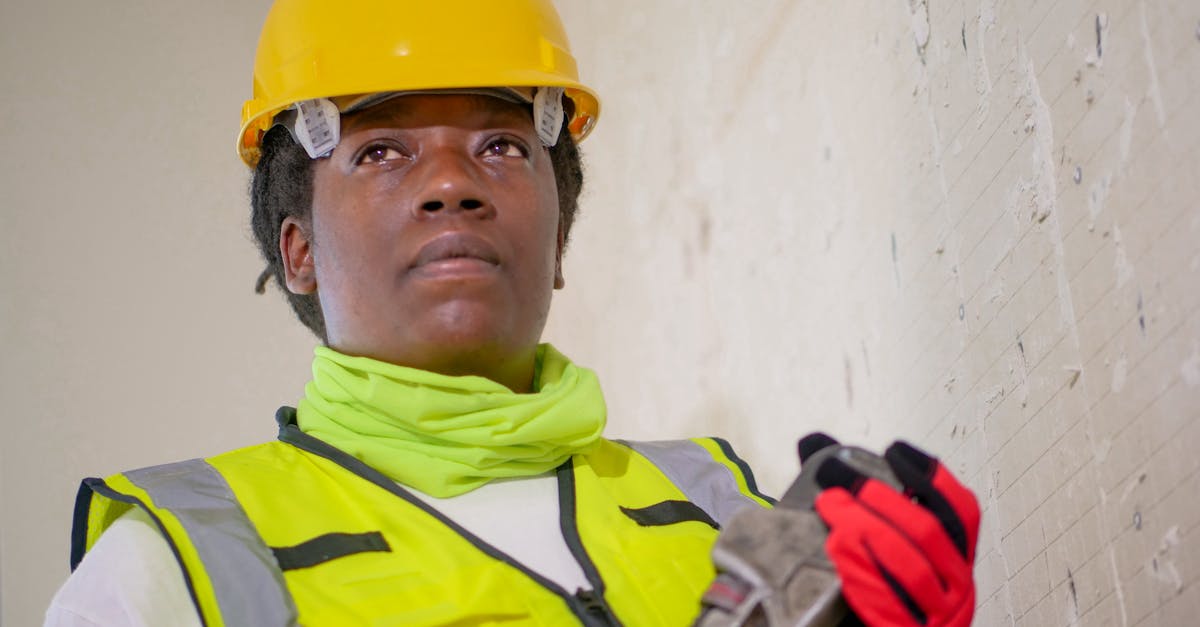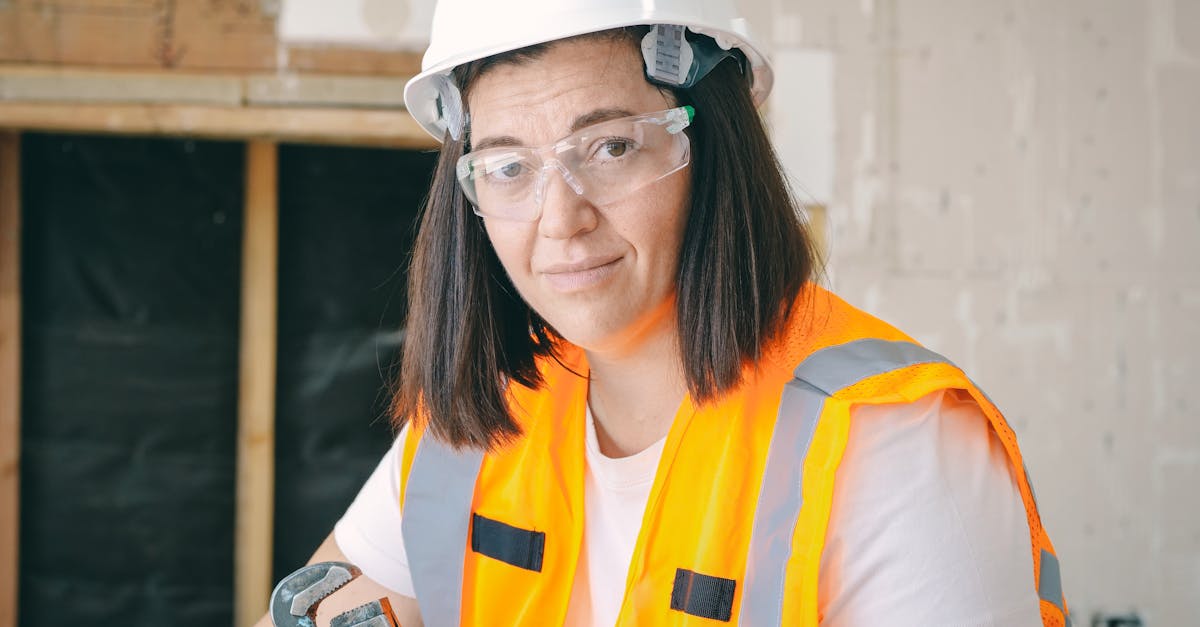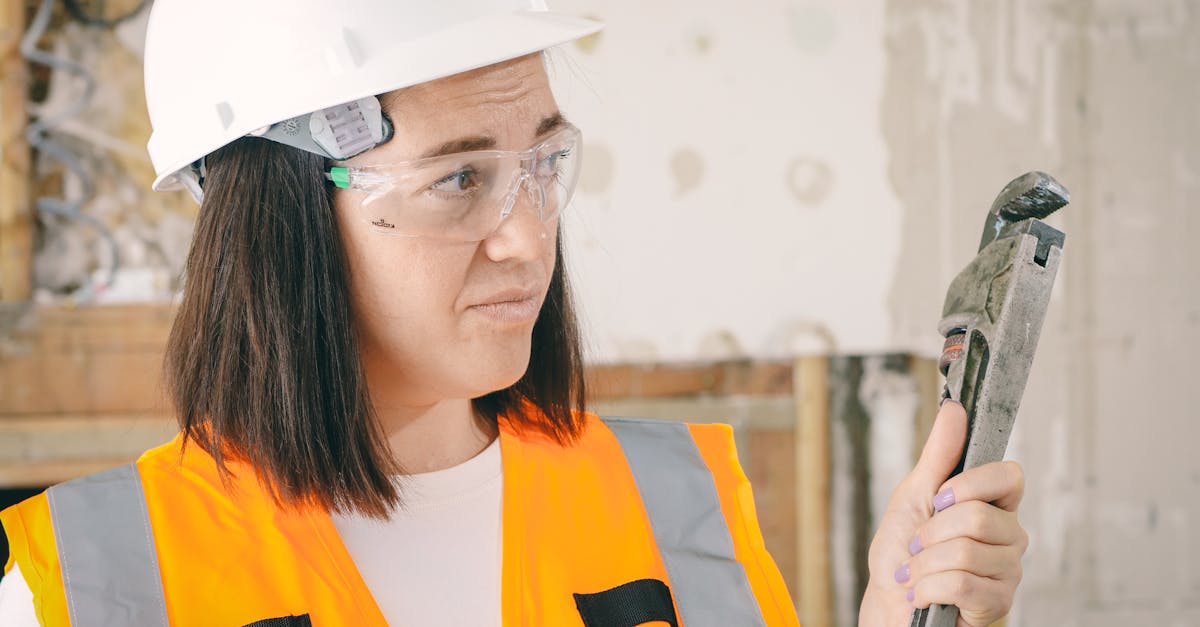
Table Of Contents
Gas vs. Electric Water Heaters
Gas and electric water heaters both have their distinct advantages. Gas water heaters often heat water more quickly and can be more cost-effective over time, particularly in areas where gas is cheaper than electricity. They typically have higher recovery rates, meaning they can produce more hot water in a shorter period. However, they require proper ventilation and may involve more complex water heater installation and repair processes, which can be an important consideration for homeowners.
Electric water heaters are generally easier to install and maintain. They do not require ventilation, making them suitable for various locations within a home. While the initial purchase cost may be lower, electric models tend to have higher operational costs, especially in regions where electricity prices are high. The longevity of both types can vary, but understanding the differences is essential when deciding which heater best suits your household needs.
Comparing Lifespans and Replacement Costs
Gas water heaters typically have a lifespan of around 8 to 12 years, depending on factors like maintenance and water quality. In contrast, electric water heaters can last a bit longer, averaging between 10 to 15 years. The differences in lifespan can influence overall costs, including the expenses related to water heater installation and repair. Homeowners should also consider associated costs for replacement, as gas heaters generally come with lower initial installation costs but may incur higher long-term expenses due to energy consumption.
Replacement costs vary significantly between the two types. Gas units often require more extensive venting and gas line modifications, which can increase the upfront costs. On the other hand, electric heaters may have lower installation fees, but the long-term energy bills should not be overlooked. Evaluating the total cost of ownership, including maintenance and potential repairs over the years, is essential for making a well-informed decision about which water heater to choose.
Signs Your Water Heater Needs Replacement
Recognising when your water heater needs replacement is crucial for household comfort. A common sign is a noticeable decrease in hot water availability. If you frequently run out of hot water during showers or other activities, this may indicate that your unit struggles to keep up with demand. Additionally, if you notice any leaks around the heater or a build-up of rust, these are serious indicators that the unit may be nearing the end of its life.
Another alarming sign involves loud noises emanating from your water heater. Banging, popping, or hissing sounds can result from sediment build-up within the tank, which can damage the unit over time. If your water heater shows these signs, seeking professional assistance is essential. Water heater installation and repair services can help assess the situation and guide you towards the best course of action for your home.
Key Indicators of EndofLife
Several signs can indicate that your water heater is approaching the end of its lifespan. One of the most noticeable is the presence of rust or corrosion on the tank. This can lead to leaks, which significantly affect the efficiency and reliability of the unit. Additionally, if the water heater produces strange noises like popping or banging, it may signify sediment build-up, a clear warning that it may not function much longer.
Another key indicator to watch for is a change in water temperature or inconsistent water supply. If you frequently experience cold showers or a lack of hot water altogether, it might be time to consider your options. Alongside these physical signs, leaks or pooling water around the base of your heater are critical issues needing immediate attention. In such cases, professional assistance in water heater installation and repair can ensure you choose a suitable replacement before a complete breakdown occurs.
Extending the Life of Your Water Heater
Regular maintenance is crucial for extending the lifespan of your water heater. Flushing the tank at least once a year helps remove sediment build-up, which can impede efficiency and lead to premature failure. Inspecting the anode rod also plays a significant role in preventing corrosion. If the rod is significantly corroded, replacing it can greatly enhance the longevity of the unit.
Water heater installation and repair should always be carried out by qualified professionals to ensure safety and compliance with standards. Additionally, keeping an eye out for any unusual noises or leaks can help catch problems early, potentially saving on costly repairs down the track. Scheduling routine checks with a technician can provide peace of mind while ensuring your water heater continues to perform optimally.
Best Practices for Maintenance
Regular maintenance is key to extending the lifespan of your water heater. Start by checking the temperature setting on your unit, ensuring it is not set too high to prevent overheating and potential damage. Flushing the tank annually can help remove sediment buildup, which often causes inefficiency and can lead to early failure. Inspecting the anode rod every couple of years also plays a significant role in preventing rust and corrosion within the tank.
Professional assistance is recommended for more comprehensive maintenance tasks, especially those involving water heater installation and repair. This ensures that all components are functioning correctly and safely. Keeping an eye on the unit for any unusual noises or signs of leakage will help catch problems early. Adhering to these best practices can lead to a more reliable and efficient water heating experience, saving both energy and money over time.
FAQS
What is the average lifespan of a gas water heater?
A gas water heater typically lasts around 8 to 12 years, depending on factors such as usage, maintenance, and water quality.
How long can I expect an electric water heater to last?
Electric water heaters generally have a lifespan of about 10 to 15 years, although regular maintenance can help maximise their longevity.
What are some signs that my water heater needs replacement?
Key indicators that your water heater may need replacement include inconsistent water temperatures, rust or corrosion on the tank, water pooling around the unit, and unusual noises.
How can I extend the life of my water heater?
To extend the life of your water heater, it's important to perform regular maintenance, such as flushing the tank annually, checking the anode rod, and ensuring proper insulation of pipes.
What are the replacement costs for water heaters?
Replacement costs can vary widely based on the type of water heater, installation fees, and local labour rates. On average, costs can range from $800 to $2,500, including the unit and installation.





























